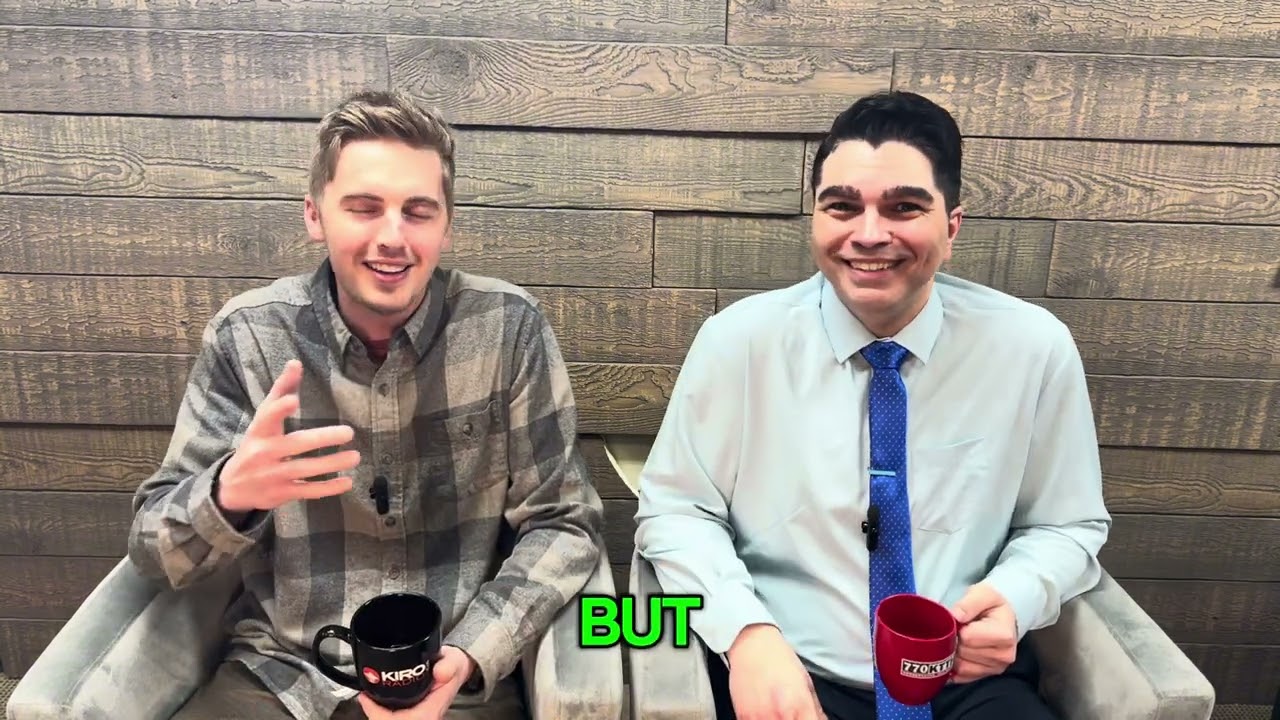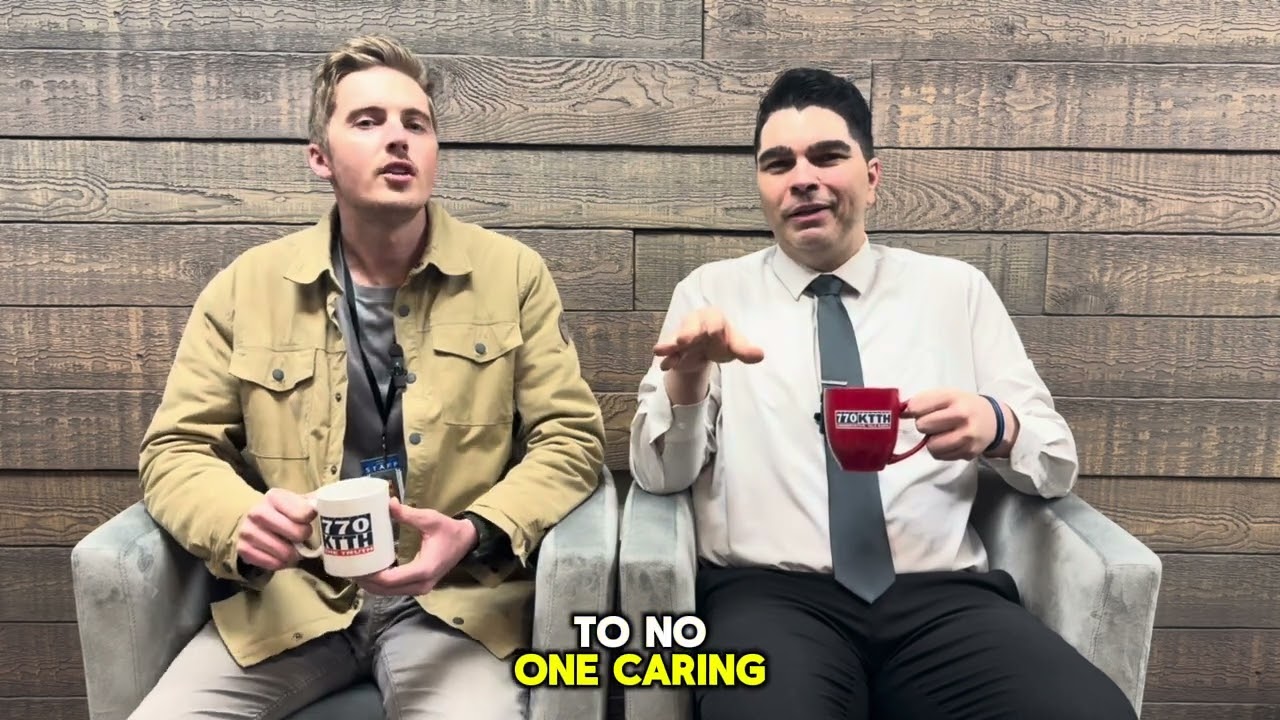Study of ICU patients finds ‘no one symptom’ specific to COVID-19
Apr 8, 2020, 12:00 PM | Updated: 12:08 pm

UW Medicine in Seattle. (KIRO 7)
(KIRO 7)
In a recent study from UW Medicine of patients in the intensive care unit (ICU) in the early days of the pandemic in the Puget Sound area, researchers found only half of the patients admitted to the hospital initially had a fever. In addition to a cough and shortness of breath, fever has been one of the commonly reported symptoms associated with COVID-19.
Expert: ‘We can’t relax our vigilance,’ despite Washington’s flattening curve
Dr. Pavan Bhatraju, a pulmonary and critical care physician with the UW School of Medicine, is the lead author of this study.
Bhatraju said he was surprised to find that in the cases studied, only half of the patients had a fever upon hospital admission, though they may have developed a fever later.
“It really hits home to the idea that there’s no one symptom that’s very specific for COVID-19, and patients can present very different, so we need to have a high index of suspicion when we’re considering COVID-19,” Bhatraju said.
This, Bhatraju believed, is important in the discussion of expanded testing.
“I think being able to expand testing will go a great way in understanding who are people who potentially have very minor symptoms but then could be infectious,” he said. “And how we can decrease the spread of the virus.”
Of all patients infected with COVID-19, only a small percentage need to be hospitalized, and even fewer (5 percent or lower by some reports) require treatment in the ICU.
“We looked at kind of the end of February to early March, and we identified 24 cases of patients who required intensive care, who were critically ill, over nine different hospitals,” Bhatraju told KIRO Nights. “And one of the takeaways from this is that the mortality was 50 percent, and that is high.”
In comparison to other cases of respiratory failure or conditions that require a patient to be on a ventilator, the mortality rate for COVID-19 is higher, Bhatraju said.
“However, on the other side, you have to look at that, of the patients in this study, five of them were already discharged at home at the time this report was published. And of the 18 people who needed to be on a ventilator, six of them were able to come off the ventilator,” he said.
The high mortality rate often draws the most attention, but Bhatraju said it is important to remember that there are people surviving after critical illness.
“The other big takeaway is that while the average age for patients in the study was 64 years, there is quite a large range, and so there were patients in their 20s as well as in their 30s and 40,” Bhatraju added. ” … We looked at patients who are older than 65 and then ones who were younger, and we found that the mortality rate was higher in ones older than 65.”
These findings are consistent with reports published in China and Italy.
“However, the mortality rate in the younger population was still substantial,” he added. “It was 37 percent. [We can’t] lose sight that young people are becoming critically ill and they’re at risk of complications in the ICU, so it’s important for all of us to do what we are [doing now] on a public health level to prevent further spread.”
For now, the safest treatment for COVID-19 is to implement treatments that are proven and effective for patients with respiratory failure, as we continue to learn more about this new virus.
“There is not a lot of large clinical trials that tell us what are the treatments for patients, and we don’t have a vaccine,” Bhatraju said. “So the care is similar to care for other patients that we’ve done in the past that has been effective.”
UW Medicine testing app designed to predict next major outbreak
In this study, Bhatraju said patients who had to go to the ICU ended up having a prolonged treatment time in the ICU. The earliest someone from this study came off a ventilator was eight days. According to Bhatraju, anything more than a week is a long time to be on a ventilator.
Bhatraju hopes the results of this study can help care facilities plan ahead for capacity and personnel needs, and help provide reasonable treatment expectations for patients and their families.
Listen to KIRO Nights weeknights from 7 – 10 p.m. on KIRO Radio, 97.3 FM. Subscribe to the podcast here.













